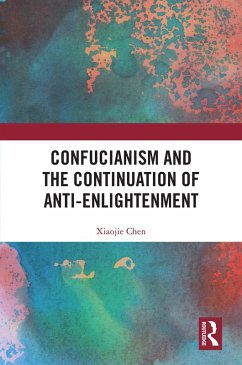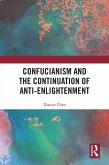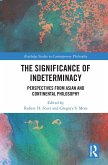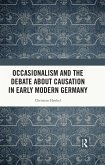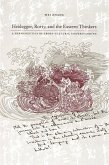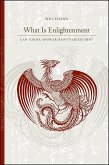This book argues that Neo-Confucianism showed these two Enlightenment trends after the 11th century. The imperial examination reform allowed commoners to rise to the bureaucratic elite, thereby achieving top-down "Enlightenment". Despite the emerging elite's claims of caring for the people, this benevolence does not expect the people to become self-sufficient adults, which brings up this book's second theme of comparing French Revolution "Fraternity" with Confucian "Benevolence."
Taking "Enlightenment" and "Fraternity" as clues, the author analyses the intellectual history in four countries (China, Japan, Germany, and France), revealing not only the inherent "Anti-Enlightenment" mentality within the European Enlightenment, but also the process of "Enlightenment" commenced as early as the 11th century in China.
This book will appeal to scholars of Enlightenment, intellectual history, and comparative study of East-West thought.
Dieser Download kann aus rechtlichen Gründen nur mit Rechnungsadresse in A, B, BG, CY, CZ, D, DK, EW, E, FIN, F, GR, HR, H, IRL, I, LT, L, LR, M, NL, PL, P, R, S, SLO, SK ausgeliefert werden.

